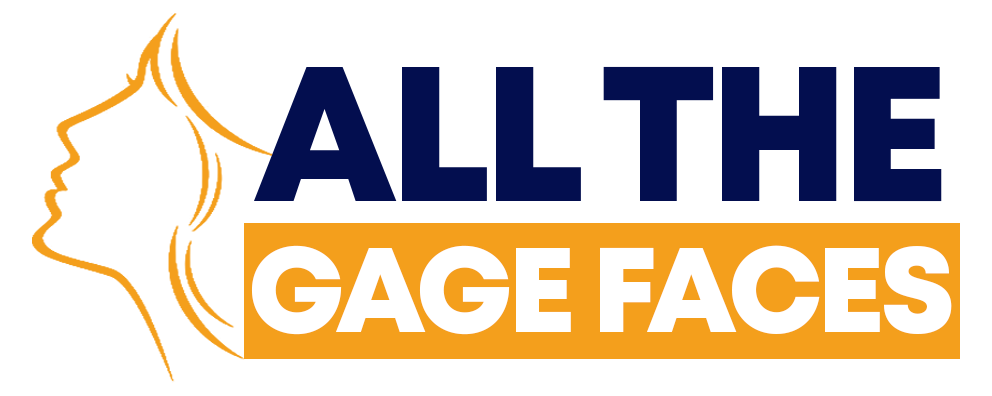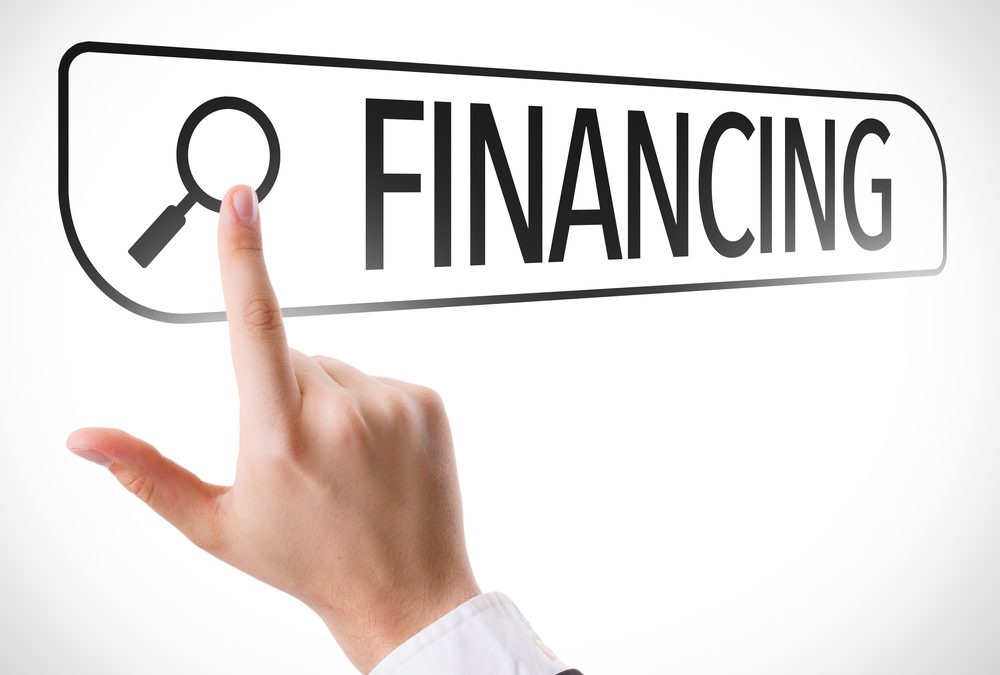Payday loans are a quick fix in times of financial strain. However, these short-term, high-interest loans have risks and complexities that borrowers must navigate carefully. Understanding the loan process is crucial to making informed financial decisions and avoiding pitfalls. In this article, we’ll delve into the intricacies of payday loans and provide valuable tips for borrowers to ensure they approach this option wisely.
What Are Payday Loans?
Payday loans, or cash advances or paycheck advances, are small, short-term loans typically due on the borrower’s next payday. They are designed to provide quick access to cash for individuals facing unexpected expenses or financial emergencies. Payday loan providers often tout their accessibility and convenience, requiring minimal documentation and offering speedy approval processes.
Understanding the Costs
While payday loans may offer immediate relief, they come with exorbitant fees and interest rates that can trap borrowers in a cycle of debt. Lenders typically charge a flat fee for every $100 borrowed, equating to an annual percentage rate (APR) of several hundred per cent. For example, a $15 fee for a two-week loan period may seem reasonable, but when annualised, it can translate to an APR of over 300%.
Risks and Pitfalls
One of the most significant risks associated with payday loans is the potential for debt escalation. Borrowers who cannot repay the loan in full by the due date often find themselves trapped in a cycle of borrowing and repaying, with fees and interest accumulating each time. It can lead to a downward spiral of debt that is difficult to escape.
Additionally, payday loan lenders may engage in aggressive collection practices, including harassment and threats of legal action, to recoup their funds. Borrowers should be wary of these tactics and understand their rights under consumer protection laws.
Alternatives to Payday Loans
Given the high costs and risks associated with payday loans, borrowers should explore alternative options before turning to this form of financing. Some alternatives to consider include:
- Personal Loans:Traditional personal loans from banks or credit unions often offer lower interest rates and more favourable terms than loans. Borrowers with good credit may qualify for competitive rates and flexible repayment plans.
- Credit Card Cash Advances: While credit card cash advances also come with high fees and interest rates, they may be a less expensive option than loans for borrowers with access to credit cards.
- Community Assistance Programs:Many community organisations and non-profit agencies offer financial assistance programs for individuals facing financial hardship. These programs may provide grants, low-interest loans, or other forms of support without the predatory terms associated with loans.
Tips for Responsible Borrowing
To ensure that you approach the payday loan process wisely, consider the following tips:
- Assess Your Financial Situation:Before taking out a payday loan, carefully evaluate your financial circumstances. Determine whether the expense is essential and whether you can repay the loan in full by the due date.
- Utilise Borrowings Prudently:Resist the temptation to borrow more than you require. Limit your loan amount to the minimum necessary to cover your expenses, as borrowing excess funds will only increase the total cost of the loan.
- Understand the Terms and Fees:Take the time to read and understand the terms and fees associated with the loan. Pay attention to the repayment schedule, including the due date and any applicable late fees or penalties.
- Have a Repayment Plan:Before taking out a payday loan, have a clear plan for repaying the loan in full and on time. Consider how you will adjust your budget to accommodate the repayment, and be prepared to make sacrifices if necessary.
- Seek Financial Counseling:If you struggle to manage your finances or repay your loan, consider seeking assistance from a certified financial counsellor. They can provide guidance and support to help you regain control of your finances and avoid future financial pitfalls.
Building Financial Resilience
Beyond navigating the payday loan process, building financial resilience is essential for long-term stability. Here are some additional tips to strengthen your financial foundation:
- Emergency Savings: Establish an emergency fund to cover unexpected expenses like car repairs or medical bills. Aim to save three to six months’ living expenses in a separate savings account to provide a financial buffer during challenging times.
- Budgeting:Create a budget to track your income and expenses and identify areas where you can cut back or save money. Prioritise essential expenses such as housing, utilities, and food, and allocate funds towards savings goals and debt repayment.
- Improving Credit Score:A good credit score can provide access to more favourable lending options and lower interest rates. Take steps to improve your credit score by paying bills on time, reducing outstanding debt, and monitoring your credit report for errors.
- Financial Education: Educate yourself about personal finance topics such as budgeting, saving, investing, and debt management. Many resources, including blogs, podcasts, and financial literacy courses, are available online to help you enhance your financial knowledge and skills.
- Seeking Assistance:If you’re struggling with debt or financial hardship, don’t hesitate to seek assistance from reputable sources. Non-profit credit counselling agencies can provide guidance and support to help you develop a plan to manage your debt and improve your financial situation.
Conclusion
Navigating the payday loan process requires careful consideration and understanding of the associated risks and costs. While loans may offer temporary relief in times of need, they often come with high fees and interest rates that can exacerbate financial distress. By exploring alternative options and making informed decisions, borrowers can avoid falling into the loan trap and maintain financial stability.

